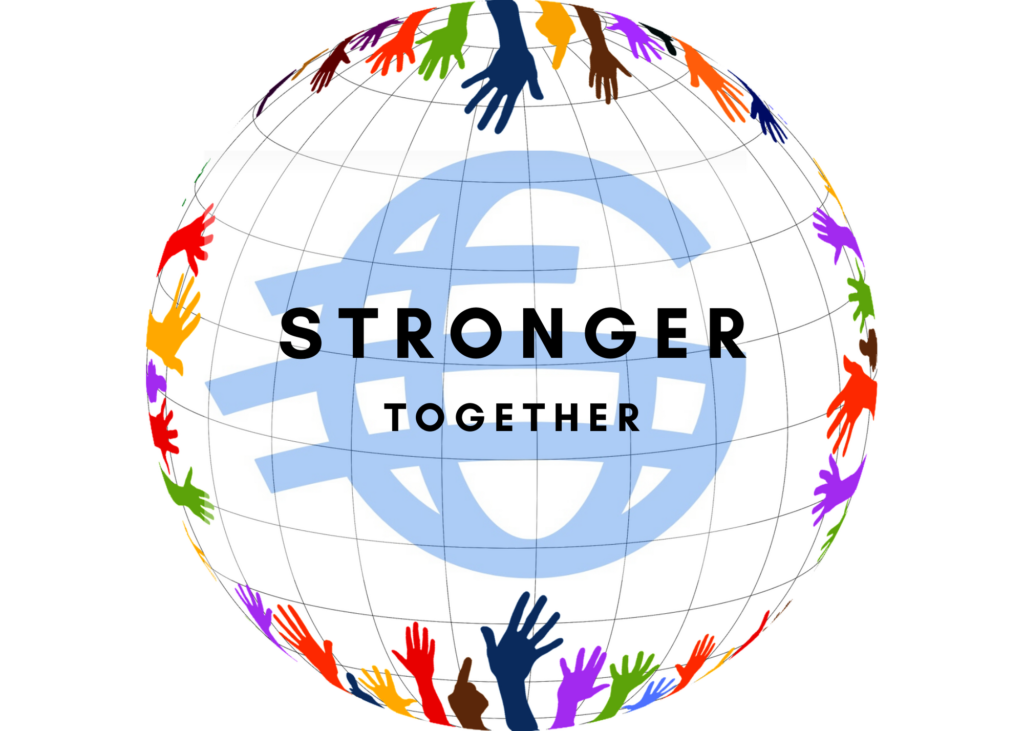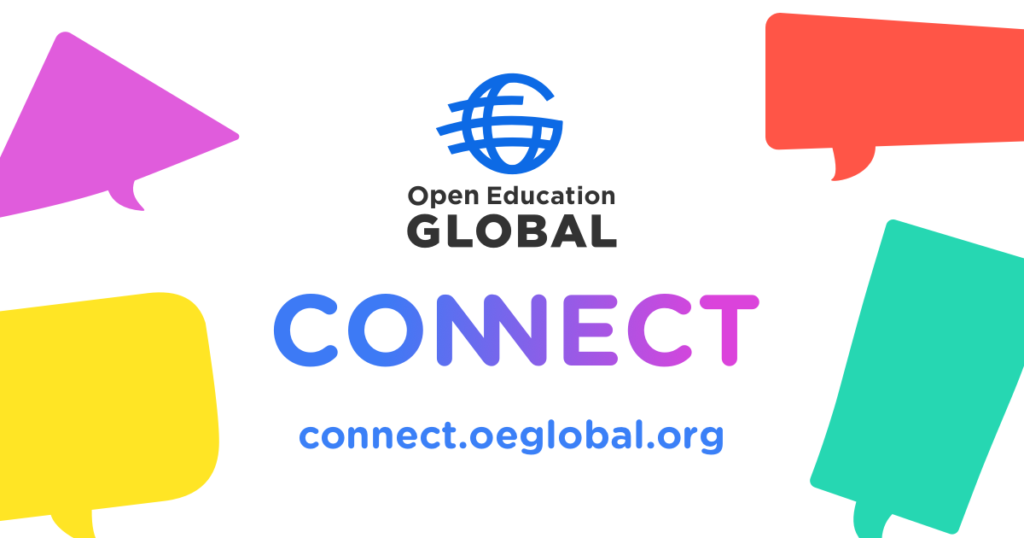
Like all of you, Open Education Global (OEG) has been feeling the impact of the global COVID-19 pandemic. We feel the depletion of social and emotional energy. We feel the distress and concern over health, safety, and financial stability.
Around the world, the impact of the pandemic has been compounded by violence, curtailed freedoms, and racial injustices. We find these actions disturbing and distressing. They leave us with a heavy heart. We oppose violence, oppression, and discrimination.
The very basis and underlying principles of open education are around inclusion and equity. These are core to OEG as an organization, too. As an organization, OEG proactively works at having diverse global staff, members, and Board. With that diversity comes different world views, beliefs, understandings, and experiences. We embrace this diversity. We learn from it and draw on it as a strength.
All of OEG’s efforts are focused on making education an accessible, essential, shared, and collaborative social good. This is our role, our mandate, our vision.
OEG believes in the power of education as a means of enhancing understanding, compassion and empathy. We believe education has a critical role to play in helping us all cope and deal with these difficult times.
As a global, member-based organization, OEG believes in the power of collective action. While this is our normal mode of operation it is even more important in times like these. The best response to times of crisis is coming together and helping each other.
Toward that end, we invite all our members and the global open education community to share with us and each other the resources, practices, policies and means by which you are dealing with the pandemic and social injustices related to absence of diversity, equity and inclusion.
In support of this sharing and dialogue OEG is launching OEG Connect.

Over the past couple of months we’ve been working on developing OEG Connect and preparing it for launch. Our aim is for OEG Connect to serve as a global forum for discussion of matters related to open education. It provides a space where OEG members and the open education community from around the world can share expertise and learn from each other.
The current global crises around the pandemic and social injustices are matters that directly affect all of us in open education. Giving the pressing need to act, OEG has moved forward plans to launch OEG Connect. We’ve set up an area in OEG Connect for facilitated dialogue on these crises and the ways open education can help resolve them. We invite you to post, listen, and learn as we collectively work to generate a shared understanding and course of action.
Working together to make the world better through open education.
Paul